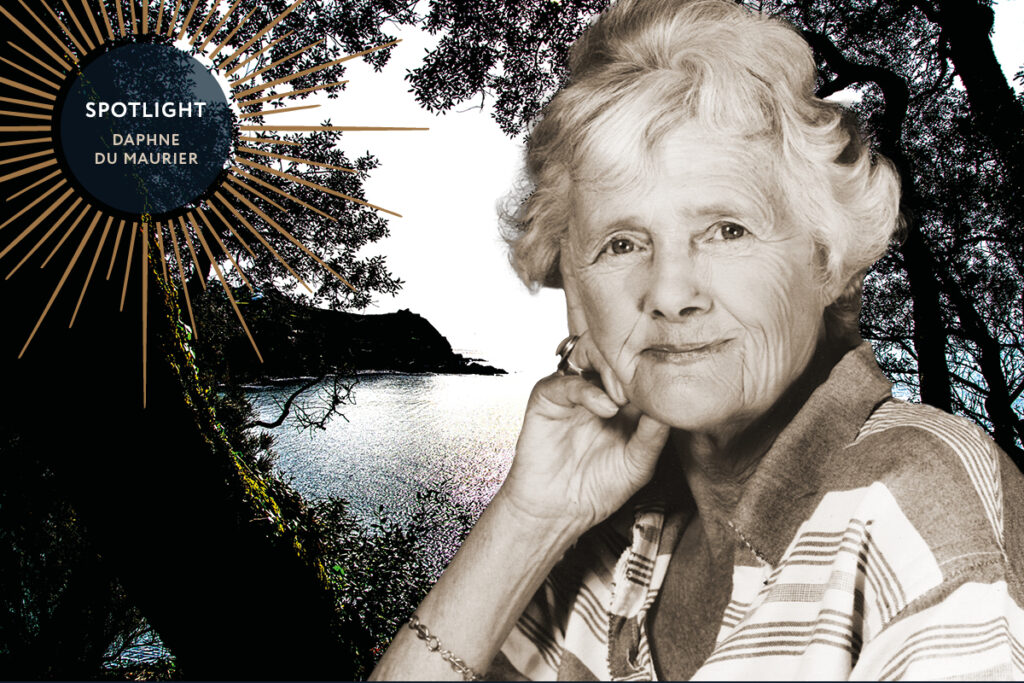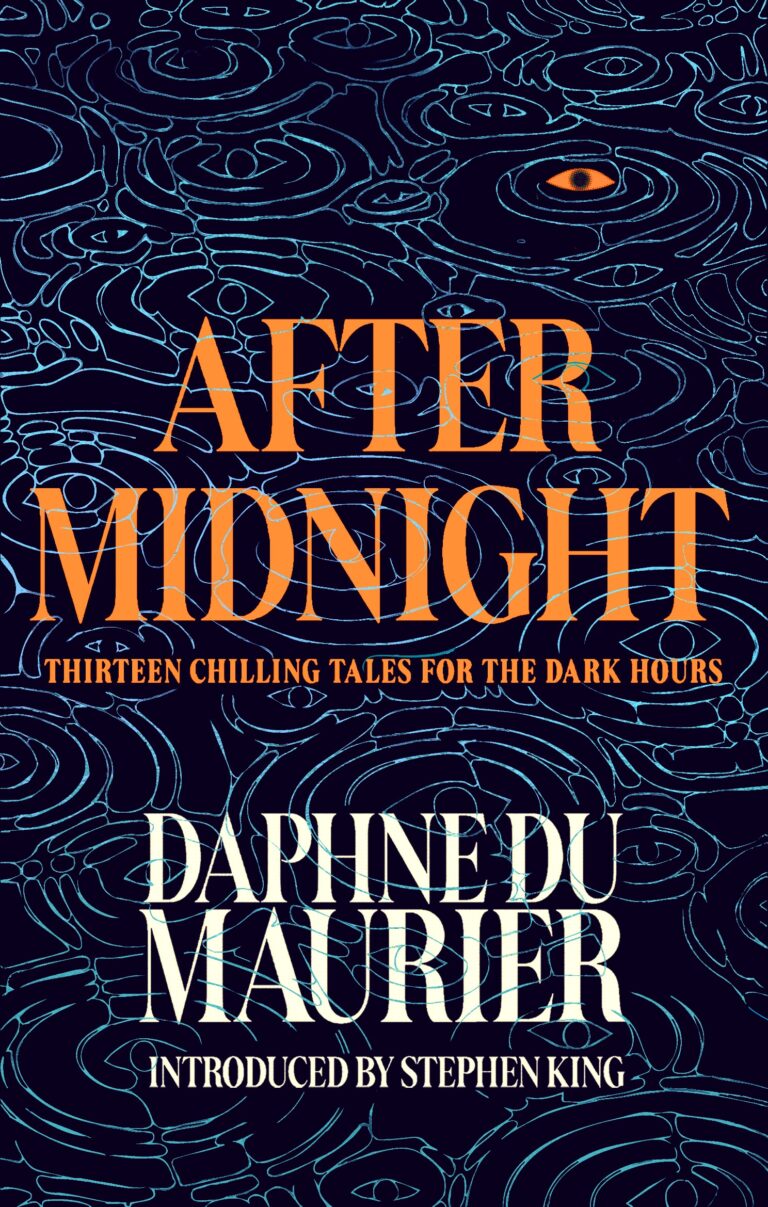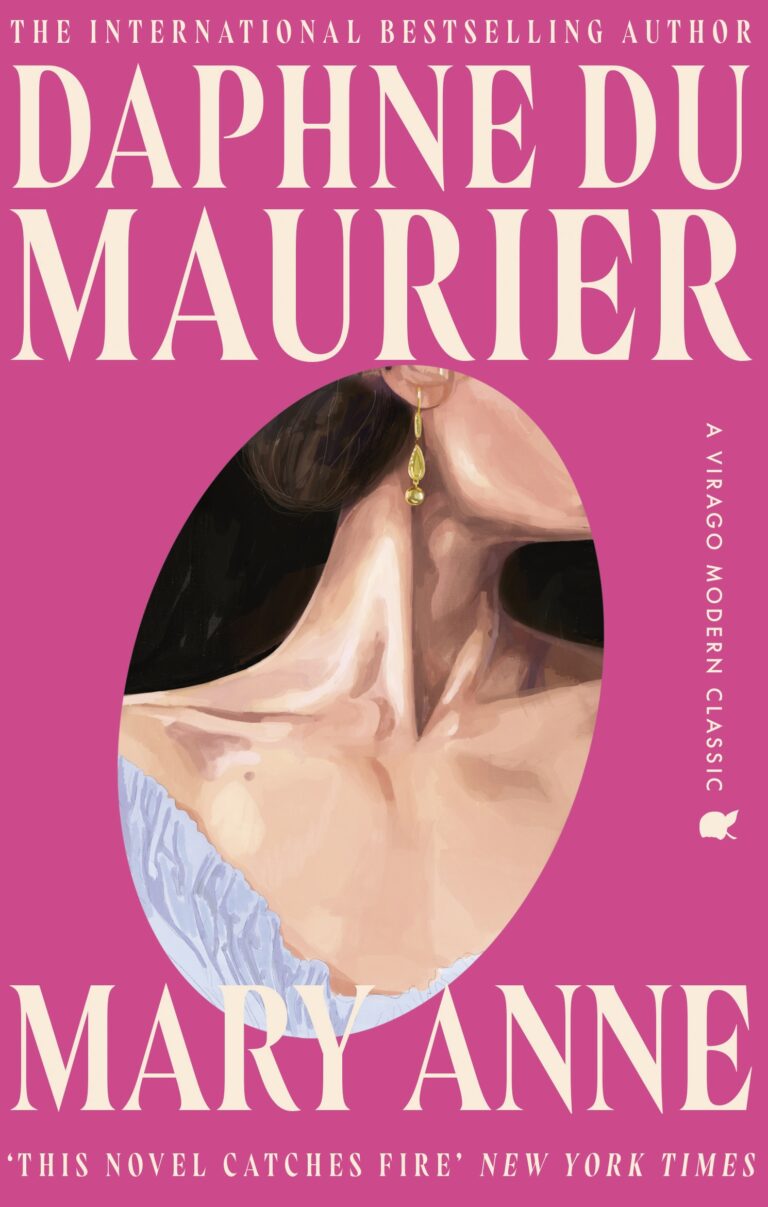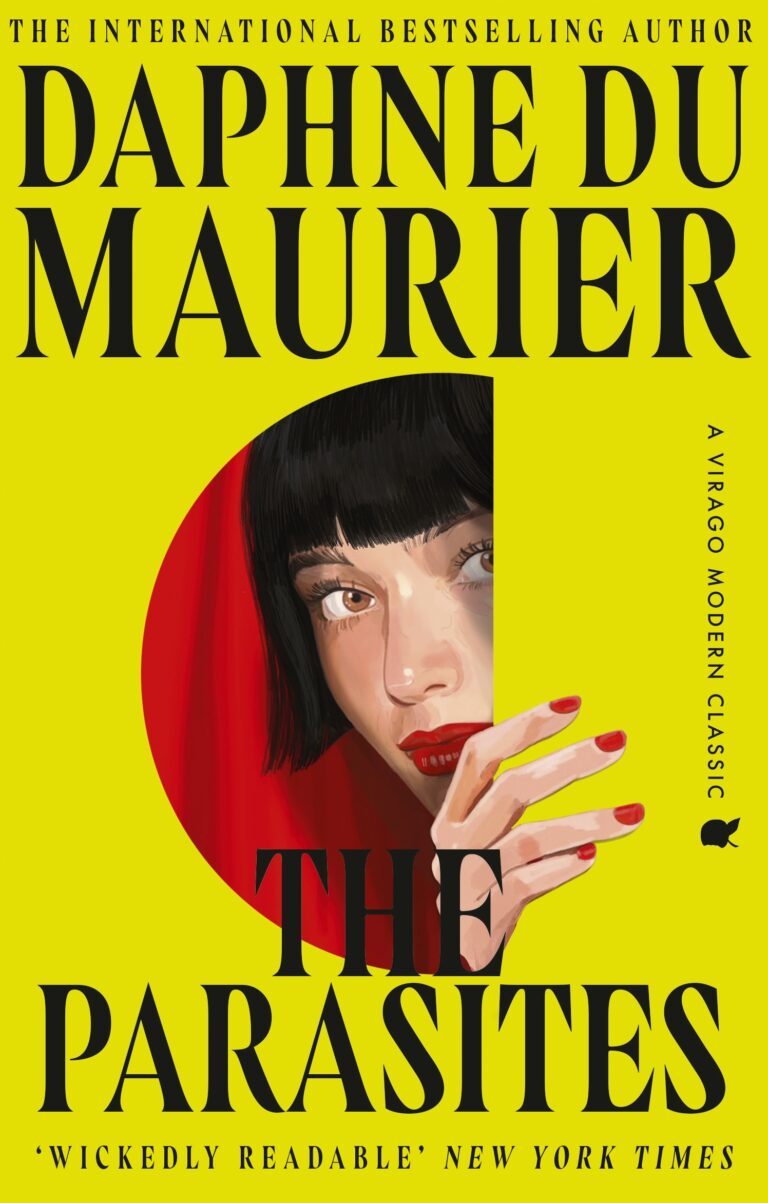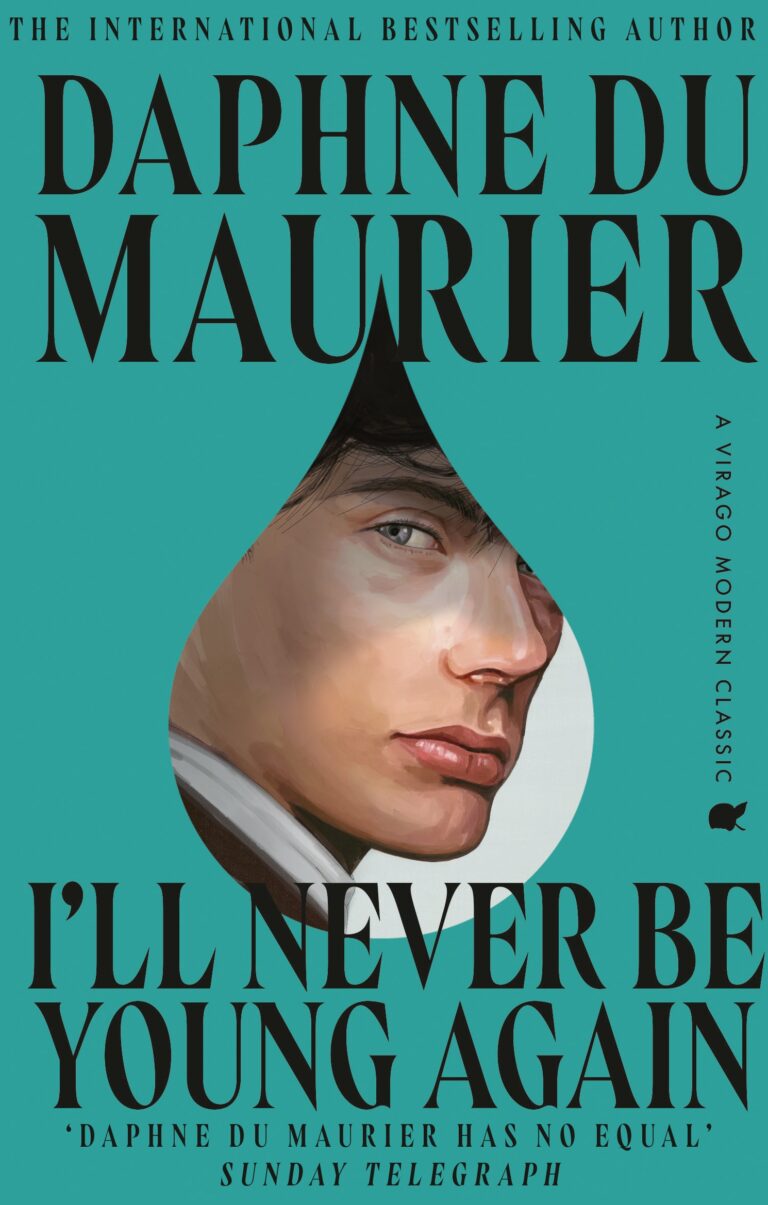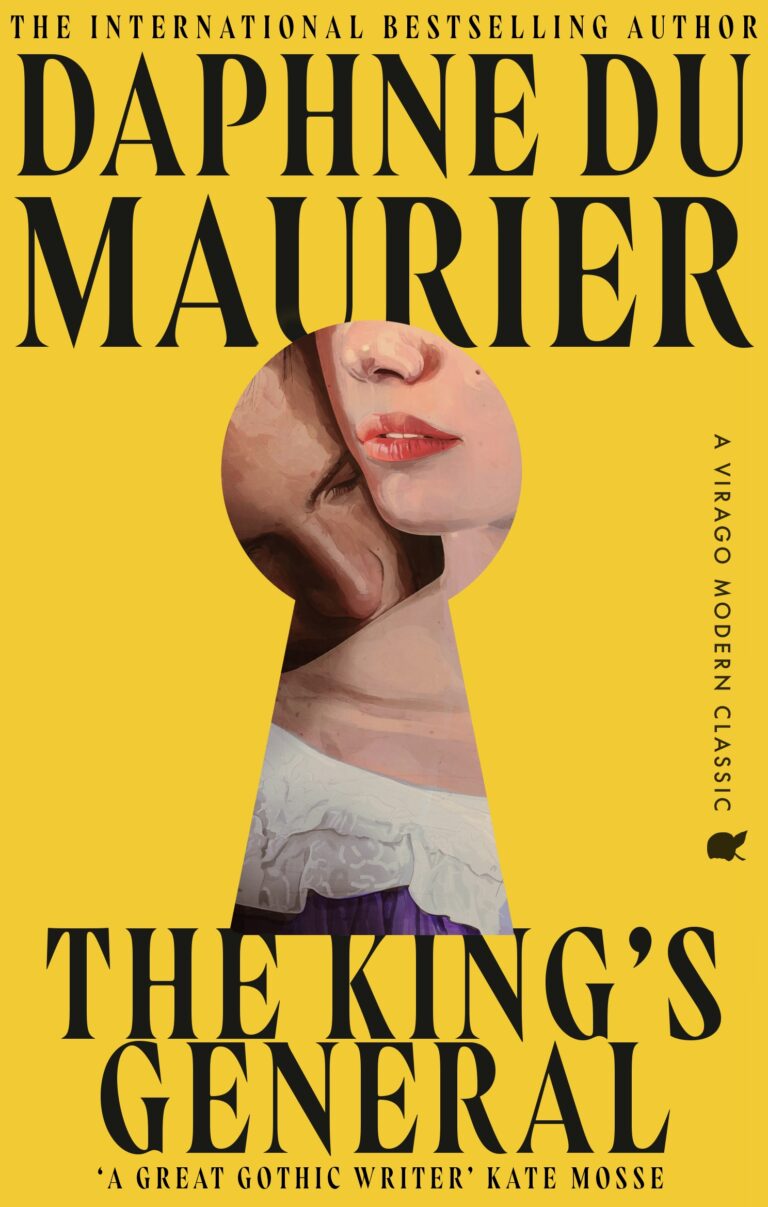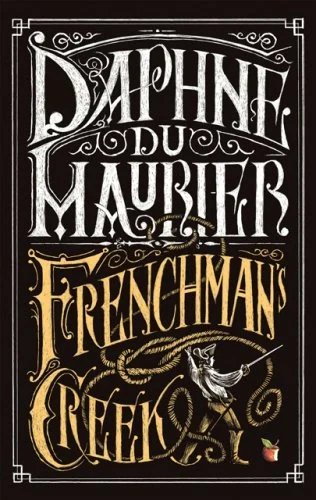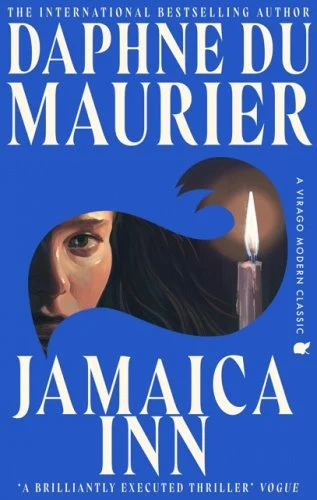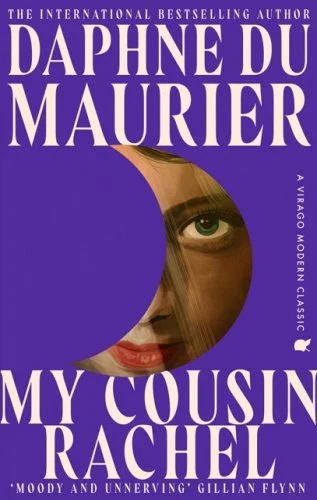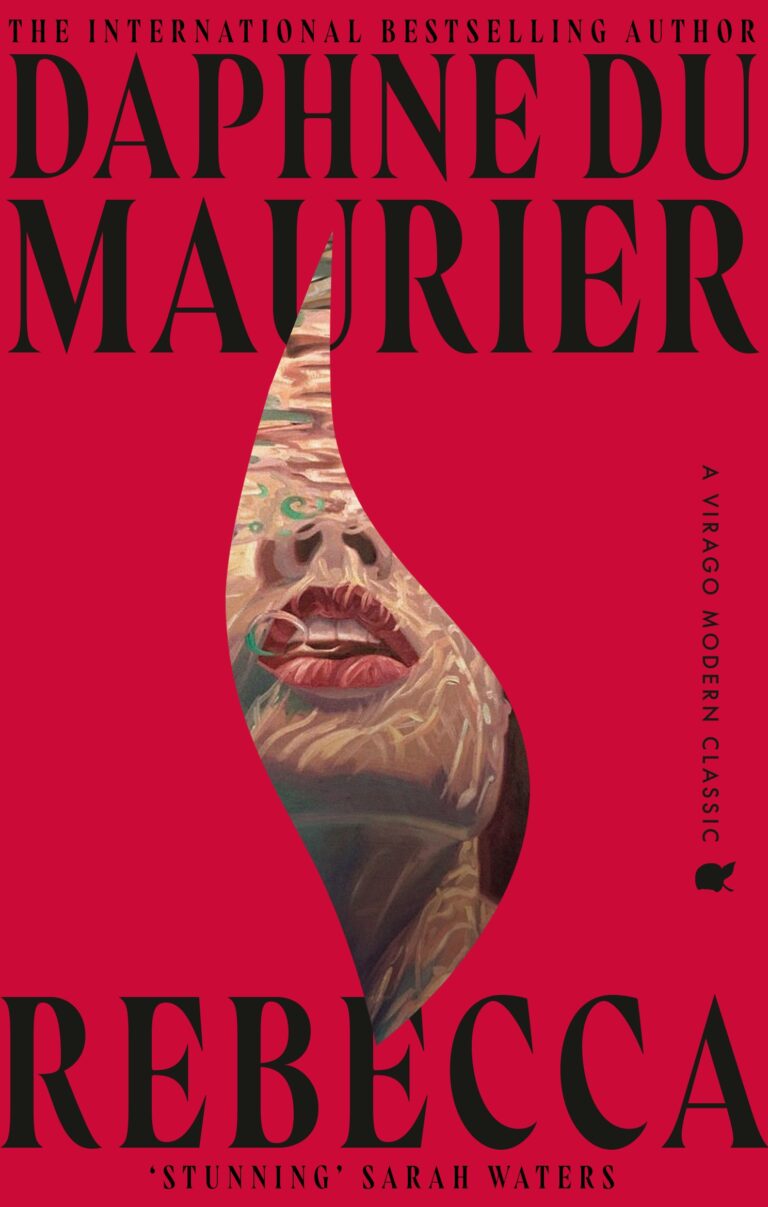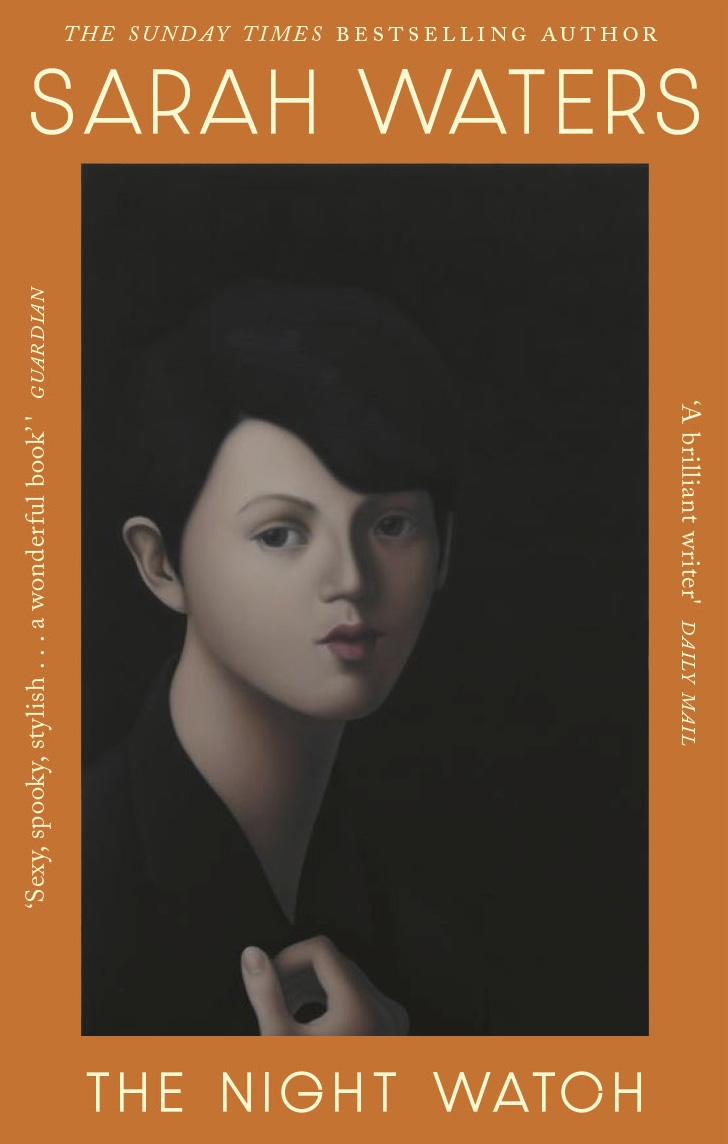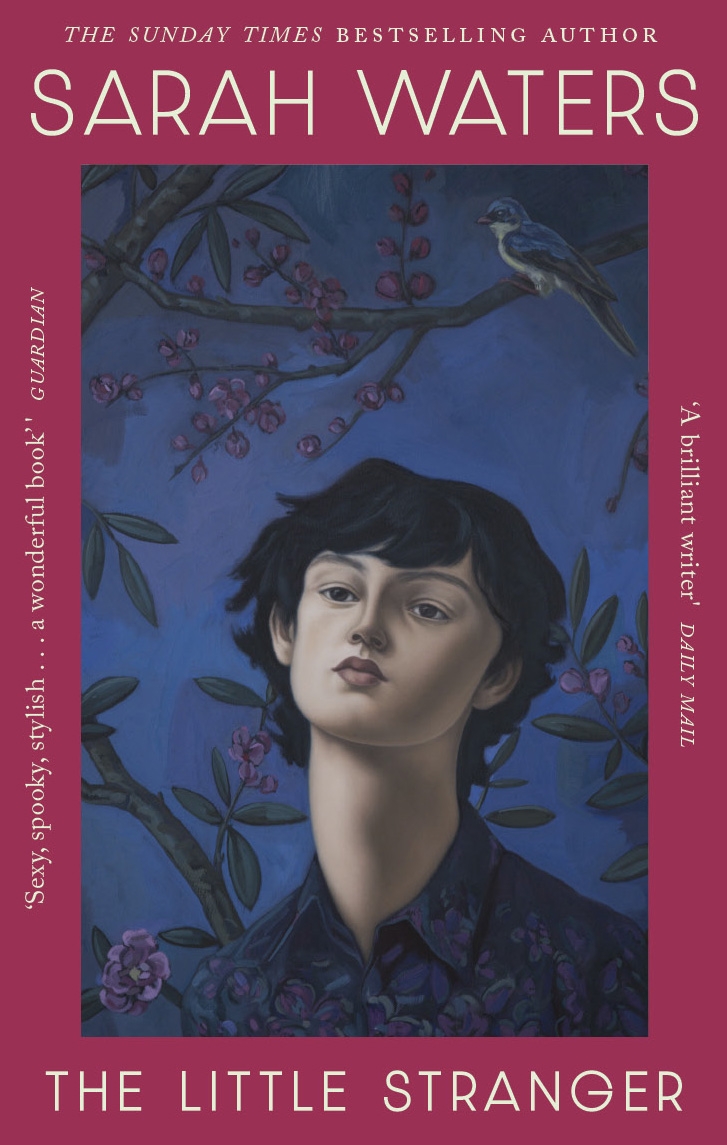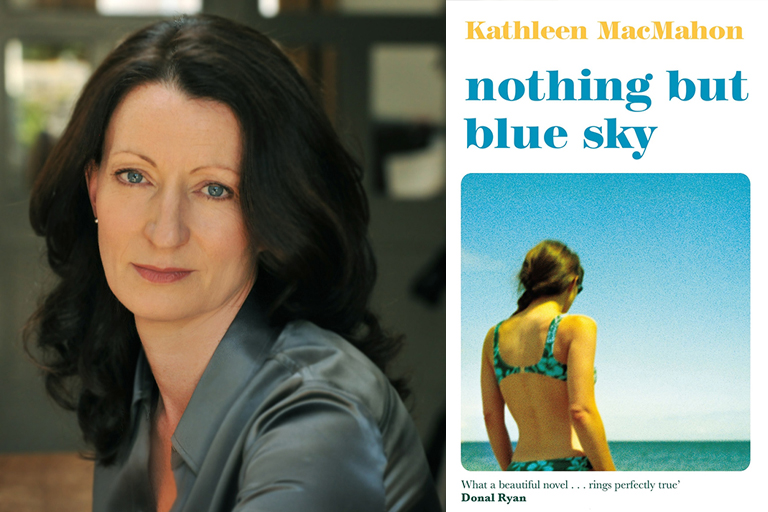In some ways, Daphne du Maurier is a tough writer to like. Her vision of human nature can be bleak to the point of nihilism. There isn’t much joy in her narratives. She wrote with coldness and cliché about physical and mental disability – and sometimes, too, about transgressive sexuality, despite being bisexual herself. And yet, she’s one of my favourite authors, and I’ve returned to her books again and again, looking for, and always finding, readerly and writerly inspiration.
For a start, there’s the sheer technical craft of her fiction: her unobtrusive plotting, her delicate construction of the architecture of suspense. This is terrific enough in her novels, but in her short stories it’s perhaps even more impressive, because she manages it on such a small scale, with such economy. It’s part of what makes the stories so rewarding to revisit: only on a second or third read do you appreciate how perfectly everything’s been put in place, right from the first word. Where there are twists and reversals, they’re always satisfying: they startle but ring true, because she’s done the work to earn them.
Then there’s her evocation of mood, of atmosphere – that quality in du Maurier’s writing that gets under your skin like a splinter. Her settings are convincing, visual, solid, yet her narratives are deeply interior, intensely psychological: the result is an unsafe world, an unheimlich world, at once familiar and full of menace. Some of her stories have a hint of sci-fi, some a touch of fantasy. Some capture what seems to have been her own sense that a supernatural realm runs parallel to our own, separated from it by the leakiest of membranes. But in others there’s a different sort of permeable border at play: the one between sanity and madness. Many of her protagonists are unpleasant men in the grip of some kind of mania. Her female characters, correspondingly, tend to be hemmed in, victimised. In ‘The Blue Lenses’, for example – one of my favourite of her stories – a woman recovering from an eye operation has her bandages removed to find that the people around her have the heads of animals and birds: it’s a nightmarish comedy in which the humour abruptly fades when her normal vision is restored and she’s faced instead with a brutal understanding of her own incipient fate at the hands of her vulture of a husband.
This is a kind of gothic, I think, which many other women writers have embraced over the years, from Mary Shelley onwards: an everyday or domestic gothic, in which strangeness and horror emerge from the heart of family, community, home. The unshowy surface of du Maurier’s writing just makes it all the more powerful. Her stories taught me that you don’t need to be shlocky in order to shock; that sometimes the worst terrors lurk in the blandest of events, in the most ordinary of settings – at a restaurant table, say, or in the quiet tap, tap of a bird at the window.
